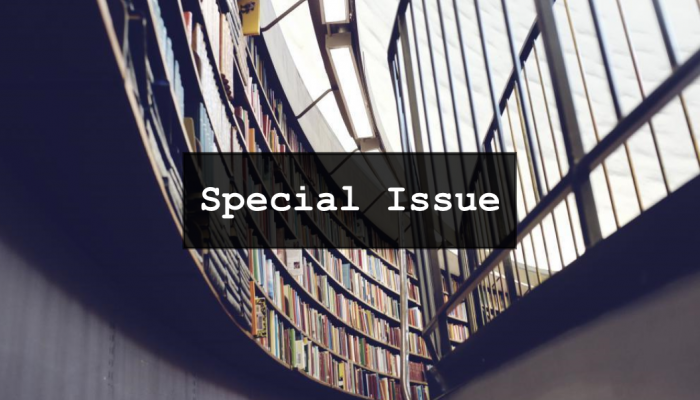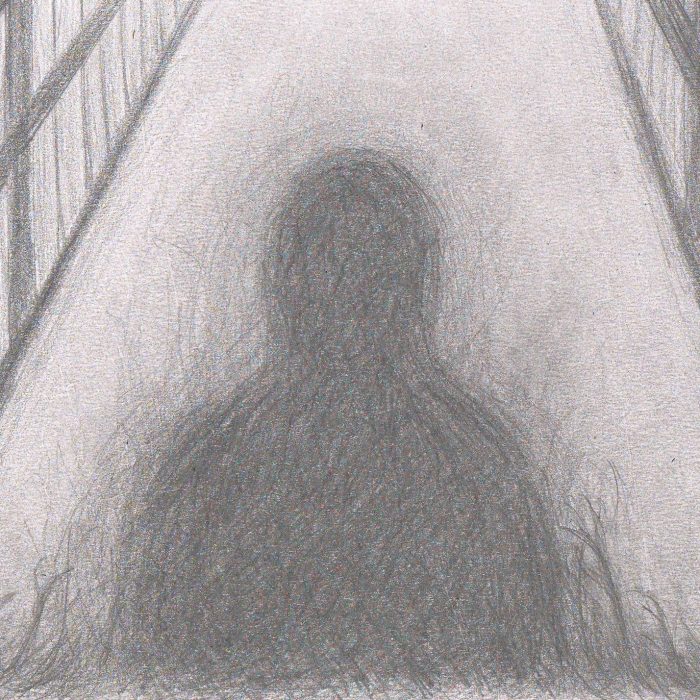Questions like “Why am I here?” “What are my future goals?” and “What the fluff am I doing with my life?” are all perfectly normal during your mid-career moment. Here are the top five ways that library cats can battle the mid-career blahs with cat-itude!

Academic librarians and the PhD: Introduction
Academic librarians typically have academic status, freedoms, and responsibilities. With an emphasis on research in addition to professional practice, academic librarians increasingly resemble their faculty colleagues. While the scope and nature of a librarian’s academic responsibilities may differ from faculty in other disciplines, the scholarly obligations remain.
Faculty status for librarians was difficult to achieve. Sustaining it presents new challenges.
As scholar-practitioners, academic librarians are uniquely positioned to research and theorize a wide range of issues attending to knowledge production in the academy, scholarly communication, knowledge organization, information literacy, technology, and memory.
However, librarians may not feel qualified or confident as researchers and scholars. The master’s degree is a professional qualification: with it librarians enter the field but not necessarily the academy. New librarians often struggle to identify a research agenda and develop methodological skills.
Does this suggest that, like faculty in other disciplines, those wishing to pursue a career in academic librarianship might benefit from acquiring an advanced research degree to help prepare them for (or support them in) their academic role?
In recent years, a focus on supporting the research agendas of librarians has sought to shore up an area where librarians have had an uneven record. Initiatives such as the Librarians’ Research Institute offered by the Canadian Association of Research Libraries (CARL) have attempted to improve skills, build confidence, raise standards, and encourage outcomes. This has been accompanied by a limited but steady parallel trend as some working academic librarians have returned to graduate school to complete a doctorate.

In this issue of Open Shelf …
We are exploring the relationship between academic librarians and the PhD. We begin by exploring the context around the PhD. Using three different lenses (professional value, personal value, and socially conscious practice):
- Is the PhD the new terminal degree for academic librarians?
- Academic librarians, research, and the “value agenda”
- PhD as resistance: How the personal got political
Thirteen librarians (11 who hold PhDs and 2 who are in process) were asked to respond to five questions about the doctorate. The reflections of these librarians (who include library directors, library managers, and non-administrative librarians) reveal personal insights, encouragement and caution, and the still contentious nature of the doctorate in the LIS field:
- Why did you pursue a PhD?
- How did the PhD advance or impact your career?
- What are the personal costs and gains of further graduate education?
- What advice would you give to a librarian considering a PhD program?
- Should the PhD be the new terminal degree for academic librarians?
Finally, at the OLA SuperConference in February of this year, approximately 40 people attended a session on the academic librarian and the PhD. As many questions were raised as statements or observations were offered:
The debate over the nature and extent of training for academic librarians has a long history. As the professional evolves and as new challenges arise, that debate is likely to continue.
Karen Nicholson, Manager, Information Literacy, University of Guelph, is a PhD candidate (LIS) at Western University.
Michael Ridley is a librarian and the director of the First Year Seminar Program at the University of Guelph. The former chief librarian and CIO at Guelph, he is currently a part-time LIS PhD student at Western University.
Lisa Sloniowski, English Literature Librarian, York University, is a doctoral student in social and political thought.
This Post Has One Comment
Comments are closed.



[…] release is a special issue: Academic librarians and the PhD. We explore the relationship between academic librarians and the doctoral degree […]